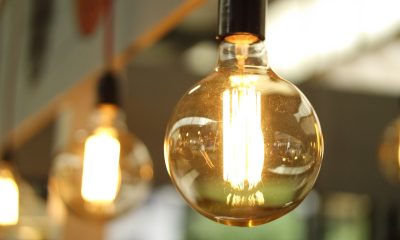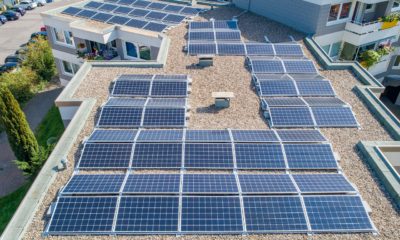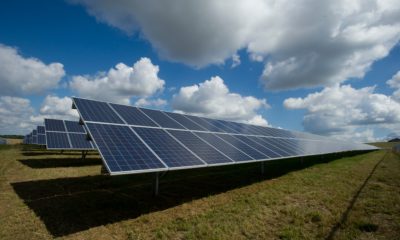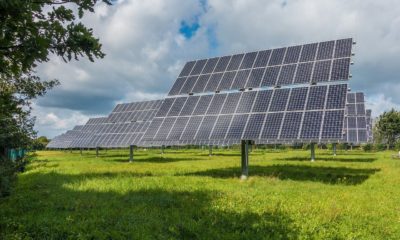Impact Investing
EU Advances on Climate Goals but Urges Faster Green Investment
The EU’s 2025 Energy Union and Climate Action Reports show emissions down 2.5% in 2024, renewables reaching 47% of electricity, and energy use falling 3%. Despite strong progress toward 2030 goals, Brussels urges faster investment—€695 billion annually—to expand renewables, improve efficiency, cut energy prices, and achieve climate neutrality by 2050.
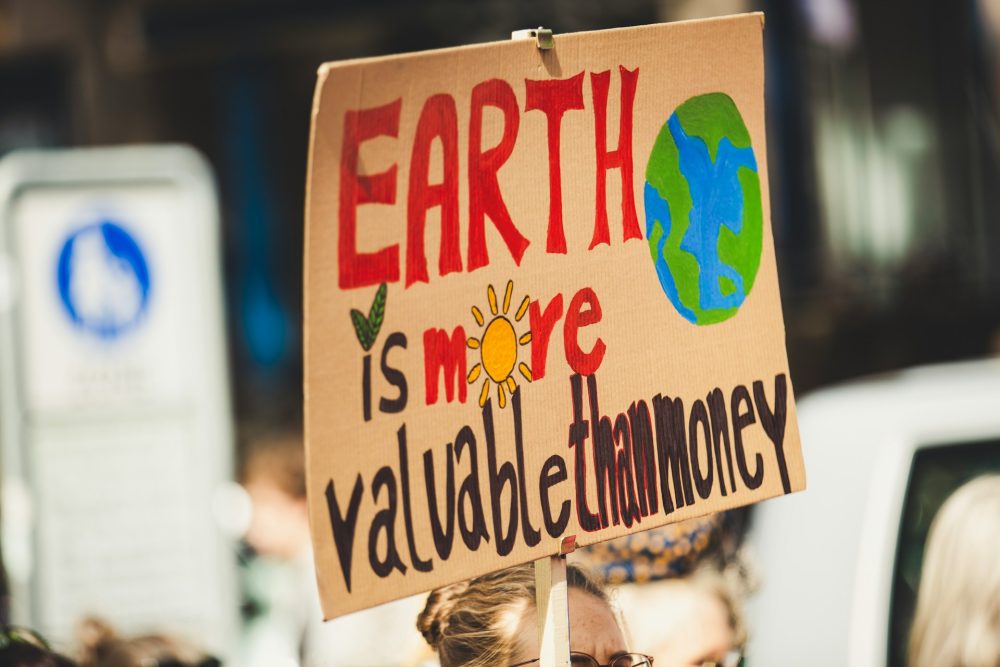
Emissions are decreasing, the share of renewables is growing, and energy consumption is falling. Brussels is calling for an acceleration of investments to stay on track toward climate goals.
The European Commission has published, as it does annually, the State of the Energy Union Report 2025 and the Climate Action Progress Report 2025. These documents show the EU’s progress in building a cleaner, more competitive, and more independent energy system.
Based on the National Energy and Climate Plans (NECPs) and the latest greenhouse gas projections, the Commission confirms that the EU continues to progress towards its 2030 targets of reducing net greenhouse gas emissions by at least 55% compared to 1990 levels and achieving at least 42.5% renewable energy in the EU’s energy mix.
Emissions Fall and Renewables Rise Across Europe
Today, most of the electricity produced in the EU comes from clean energy sources, although progress varies between Member States. Around 77 GW of new renewable capacity was installed in 2024 , and 47% of Europe’s electricity already comes from renewable sources . Final energy consumption is declining, down 3% compared to 2022, driven primarily by the residential sector, followed by industry and services.
However, achieving the 2030 targets will require even more rapid deployment of renewable energy and improved energy efficiency.
For their part, greenhouse gas emissions continue to decline: in 2024, provisional data show a 2.5% decline compared to 2023 and a 37.2% lower level than in 1990 (or 39% lower considering only national net emissions). Over the same period, European GDP grew by 71%, confirming that economic growth is no longer linked to emissions.
The implementation of the Affordable Energy Action Plan and the Clean Industrial Deal is progressing on schedule. “These initiatives remain crucial to providing relief to industries and consumers, both in the short and long term,” reads a statement from the EU Commission. However, average energy prices in Europe remain higher than those of major global competitors and differ significantly between Member States.
This affects European industrial competitiveness. To address this challenge, the Commission has launched seven key actions aimed at rapidly reducing energy prices and ensuring lasting relief for businesses and citizens. In this context, the European Investment Bank ( EIB ) plays a key role with its €1.5 billion programme to provide bank guarantees to European grid component manufacturers, as well as a €500 million pilot project in counter-guarantees for clean power purchase agreements.
Brussels Calls for Accelerated Funding to Meet 2030 and 2050 Targets
In the long term, according to the EU institution, a genuine Energy Union based on domestically produced clean energy and greater energy efficiency will further reduce the EU’s dependence on fossil fuel imports, structurally lower energy prices, and help achieve our climate goals.
This is confirmed by data showing that, between 2021 and 2023 , European consumers saved €100 billion thanks to electricity generation from new photovoltaic and wind power plants .
Furthermore, every 1% improvement in energy efficiency led to a 2.6% reduction in gas imports.
From this perspective, the Commission states, the next decade will be crucial for completing the Energy Union and achieving climate neutrality by 2050. To support this transition, negotiations are currently underway on an amendment to the European Climate Law, which sets a new target of a 90% reduction in greenhouse gas emissions by 2040 compared to 1990. Once approved, this law will become a benchmark for the post-2030 policy framework.
Despite the progress, however, there are still several challenges to achieving the objectives:
Large-scale electrification, increasing the share of electricity in final energy from 23% to 32% by 2034;
Greater investments in energy networks;
A strong increase in energy efficiency and technological innovation to make the clean technology sector competitive;
To achieve these goals, the Commission estimates that the EU will need to mobilize €695 billion per year between 2031 and 2040 for energy investments.
__
(Featured image by Markus Spiske via Unsplash)
DISCLAIMER: This article was written by a third party contributor and does not reflect the opinion of Born2Invest, its management, staff or its associates. Please review our disclaimer for more information.
This article may include forward-looking statements. These forward-looking statements generally are identified by the words “believe,” “project,” “estimate,” “become,” “plan,” “will,” and similar expressions. These forward-looking statements involve known and unknown risks as well as uncertainties, including those discussed in the following cautionary statements and elsewhere in this article and on this site. Although the Company may believe that its expectations are based on reasonable assumptions, the actual results that the Company may achieve may differ materially from any forward-looking statements, which reflect the opinions of the management of the Company only as of the date hereof. Additionally, please make sure to read these important disclosures.
First published in ESG NEWS. A third-party contributor translated and adapted the article from the original. In case of discrepancy, the original will prevail.
Although we made reasonable efforts to provide accurate translations, some parts may be incorrect. Born2Invest assumes no responsibility for errors, omissions or ambiguities in the translations provided on this website. Any person or entity relying on translated content does so at their own risk. Born2Invest is not responsible for losses caused by such reliance on the accuracy or reliability of translated information. If you wish to report an error or inaccuracy in the translation, we encourage you to contact us.

-

 Impact Investing2 weeks ago
Impact Investing2 weeks agoIntesa Sanpaolo’s 2026–2029 Growth and ESG Strategy
-

 Business5 days ago
Business5 days agoTopRanked.io Weekly Affiliate Digest: What’s Hot in Affiliate Marketing [Health Trader Affiliate Program Review]
-

 Business2 weeks ago
Business2 weeks agoTopRanked.io Weekly Affiliate Digest: What’s Hot in Affiliate Marketing [Hosting.com Affiliates]
-

 Crypto7 days ago
Crypto7 days agoEthereum Pushes AI Integration With ERC-8004 and Vision for Autonomous Agents




